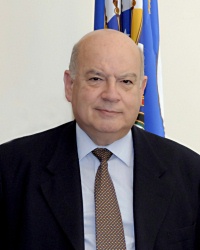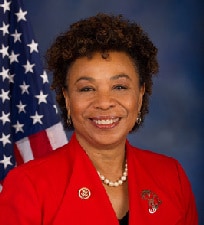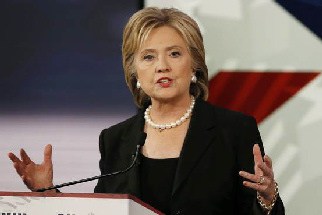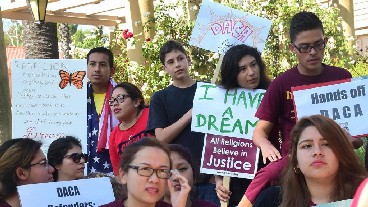OAS Electoral Observation Mission to Jamaica Recommends the Adoption of a Uniform Procedure to Prevent Delays
WASHINGTON, DC – The Electoral Observation Mission (EOM) of the Organization of American States (OAS) that followed the December 29, 2011, General Elections in Jamaica presented a report today before the Organization’s Permanent Council in which it recommends, among other things, that national authorities consider the adoption of a “uniform procedure” in all voting places to prevent delays.
Upon thanking the presentation of the report, OAS Secretary General José Miguel Insulza noted that this report—alongside those by the EOMs to Bolivia and Guyana, also delivered at the same session of the Permanent Council—is made some days after the 50th anniversary of the first EOM of the OAS that observed the elections of February 4, 1962, in Costa Rica. To commemorate the event, the head of the OAS expressed the Organization’s wish that it be invited to observe all the elections to be held this year 2012 in the Hemisphere. During this year, in the United States, Venezuela and Mexico, general elections will be held.

José Miguel Insulza
Secretary General Insulza also expressed satisfaction at the fact that all Caribbean countries that held elections recently invited the OAS to observe them. This, he said, is a sign of the vibrant democracy” that predominates in the region, and a show of interest in developing electoral processes that are increasingly rigorous. At the same time, to the Organization it represents a renewed vote of confidence, “something we deeply appreciate.”
The Chief of Mission and former Foreign Minister of Belize, Lisa Shoman, highlighted among her recommendations that greater attention be placed “to the location and layout of polling sites to allow for improved access by the physically challenged and elderly”; and that quality control be incorporated into the verification process used in identifying a voter’s identity.
She suggested that legislation be adopted that allows “the disclosure of contributors or campaign expenditures or provisions that guarantee equal access to the media,” to help promote transparency in campaign financing, among other things; and that women be encouraged “to become more active in political parties and run for office.” Shoman also added that party leaders ought to “provide women with more favorable positions on the party list.”
In her remarks on the elections in Jamaica, Chief of Mission Shoman, who was Permanent Representative of her country to the OAS, characterized the environment in which citizens voted as “orderly and very peaceful.” She said police officers were present at all observed polling sites and “effectively maintained security.” And she noted that all polling stations observed opened on time, that sufficient quantities of electoral materials were present, and that poll workers and party agents “worked together harmoniously.”
Nevertheless, she said there was some “confusion” regarding the role of OAS observers, who “were required on numerous occasions to abide by time limits in terms of their presence in the polling stations … thereby limiting their ability to freely undertake their labors.” Observers also noted “several cases” in which voters could not “easily identify their polling sites,” and other related problems that were “resolved through assistance from the electoral authorities.”
The OAS Mission in Jamaica was composed of 24 observers from 16 different countries who observed 852 polling stations located in 253 polling centers in all eight administrative electoral regions of the country. They witnessed first hand the preparations for the elections, the voting process, the counting of the ballots and the transmission of results.
The Permanent Representative of Jamaica to the Organization, Ambassador Audrey Marks, said her country “takes very seriously the comments and recommendations made by the Observer Mission, including those in relation to campaign financing and the voter verification process.” The Jamaican diplomat also expressed her government’s “particular interest in the issue of gender in politics.”
Ambassador Marks also highlighted some of the initiatives on Jamaica’s electoral reform agenda that have been achieved, such as mandatory registration of political parties, procedures for registration, application for state funding, qualification of state funding, obligations of registered parties that qualify for state funding, financing of political parties and financial reporting requirements for political parties.
“In Jamaica, we do cherish our long democratic tradition and value and respect the institutions of government,” she said. “The media, the members of civil society, and the people of Jamaica, who ensure that our democracy remains strong and healthy, we therefore welcome scrutiny of our electoral process and fully appreciate the involvement and findings of the OAS Observer Mission.”
The Ambassador also thanked the OAS General Secretariat, the Observation Mission, as well as the Governments of Bolivia, Canada, Chile and the United States for their financial contributions that made this work of observation possible.




